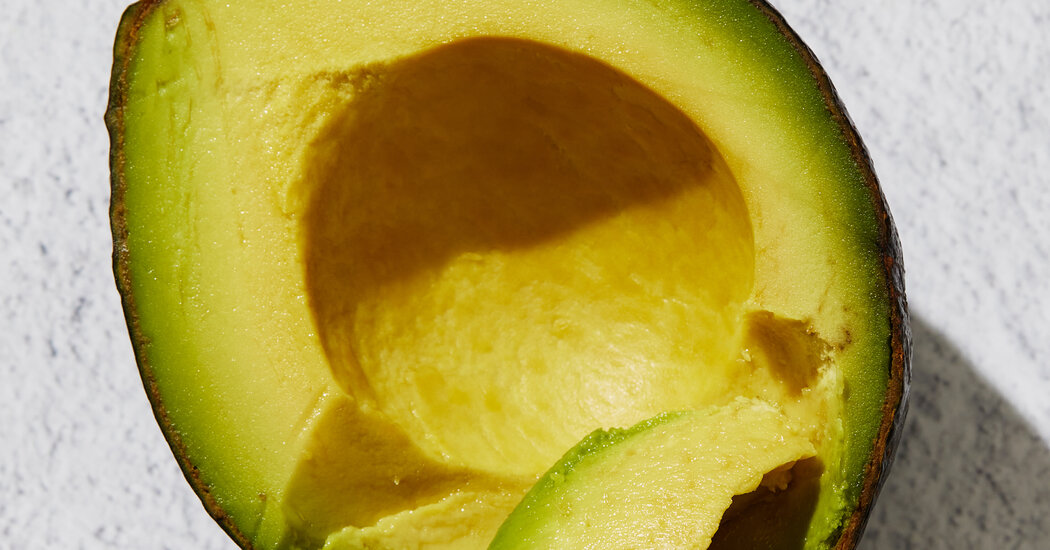Ripe, creamy avocados are great on toast, salads and burgers, or just sprinkled with salt. Plus, they’re healthy — but how healthy?
“Avocados are no regular fruits,” said Dr. Frank Hu, a professor of nutrition and epidemiology at the Harvard T.H. Chan School of Public Health. “They’re nutrient dense with very little carbohydrates and high amounts of healthy fats and fiber.” And they make plant-based meals more filling.
Here are some of their healthiest attributes, plus a selection of recipes from New York Times Cooking to inspire you to eat them more often.
Avocados can help keep your cholesterol in check.
Avocados’ better-known benefits stem from their heart-healthy fats, said Elizabeth Klingbeil, a registered dietitian and assistant professor at the University of Texas at Austin. Most of the fats in avocados are monounsaturated, which differ from the saturated fats abundant in meats and dairy.
“Saturated fats can gunk up your blood vessels and increase your heart disease risk,” Dr. Klingbeil said. If left unchecked, this gunk, called LDL or “bad” cholesterol, can lead to heart attacks or strokes.
While saturated fats increase LDL cholesterol, unsaturated fats can lower it. For this reason, avocados can help manage blood cholesterol levels, especially when you eat them in place of foods like meat, cheese and butter.
